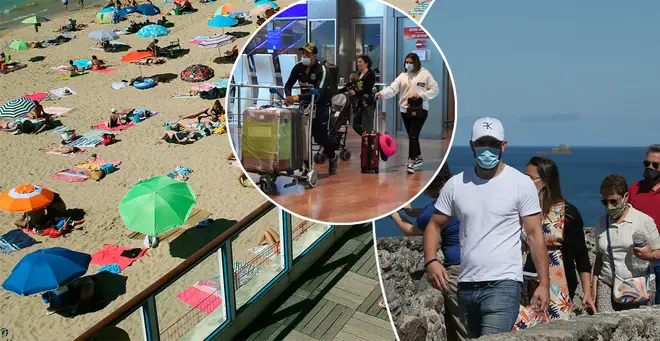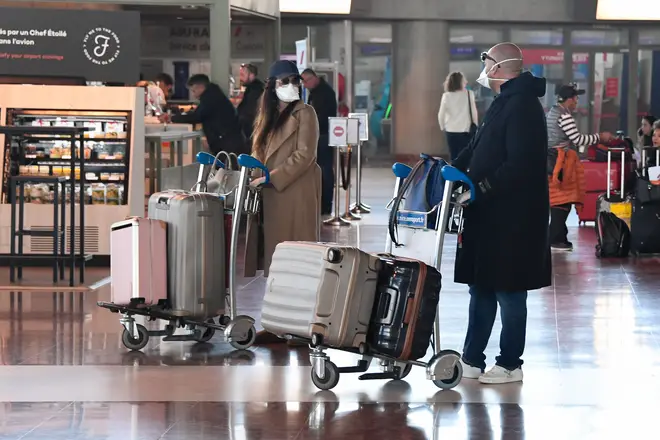On Air Now
Heart Breakfast with JK and Amanda Holden 6:30am - 10am
7 August 2020, 13:50

The self isolation rules for France could change very quickly as coronavirus cases rise.
If you’re heading to France over the summer holidays, officials have warned about a rise in coronavirus cases.
As lockdown measures have been eased, the European country has reported 1,695 new cases this week, which is its highest daily increase since the end of May.
The coronavirus rate has also increased steadily in the past month to 13.2 new infections per 100,000 people.
While people from Britain can currently go on a trip to France without having to quarantine when they get back to the UK, this could be about to change.

According to The Times, France is now being “closely monitored” by the government.
If it was added to the ‘red list’ it would mean that all returning holidaymakers would have to self-isolate on return for 14 days.
Read More: First Dutch-style roundabout that gives priority to cyclists opens in the UK
This comes after the Eurostar resumed direct trains to Disneyland Paris, and restaurants and hotels have been keen to welcome tourists.
Meanwhile, earlier in the week Belgium, Andorra and the Bahamas were added to the list of countries that will require tourists to self-isolate when they get home.

Charlie Mullins says Furlough should end so people can get to work while on holiday in Marbella
Quarantine was also reintroduced for people entering the UK from Spain in late July, with the announcement made less than five hours before it began.
This followed "a significant change... in both the level and pace" of coronavirus cases.
The Covid-19 infection rate in Spain over the last 14 days is 81.4 cases per 100,000, according to the European Centre for Disease Prevention and Control.
In a statement, officials warned this week: "The situation is precarious. We could at any moment tip into a scenario that is less under control, like in Spain.
"It is highly likely that we will experience a second epidemic wave this autumn or winter."
Holidaymakers should check the latest restrictions before travelling.
Now Read: WhatsApp now identifies when you've been sent a scam message